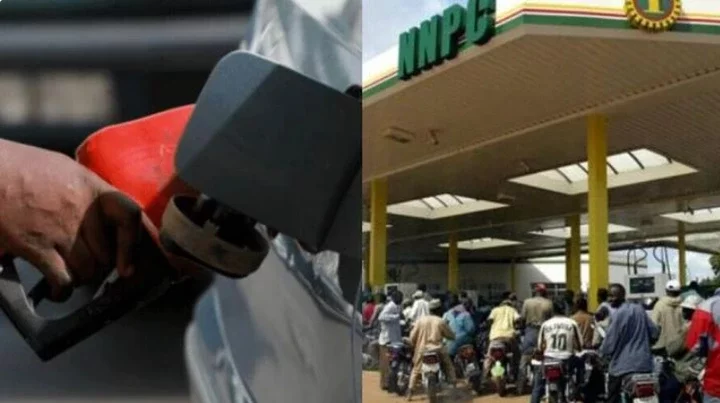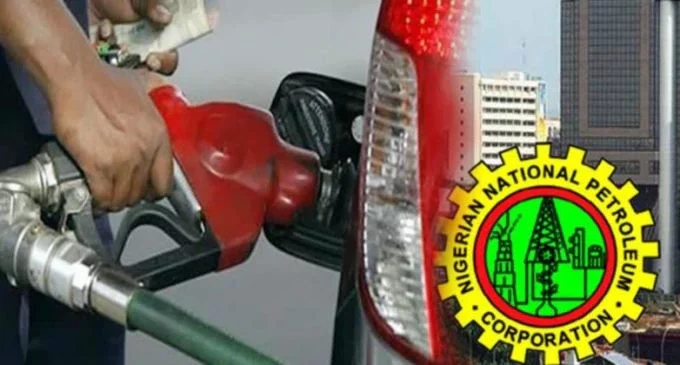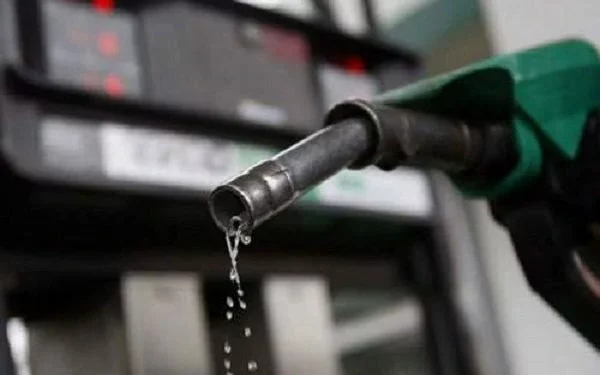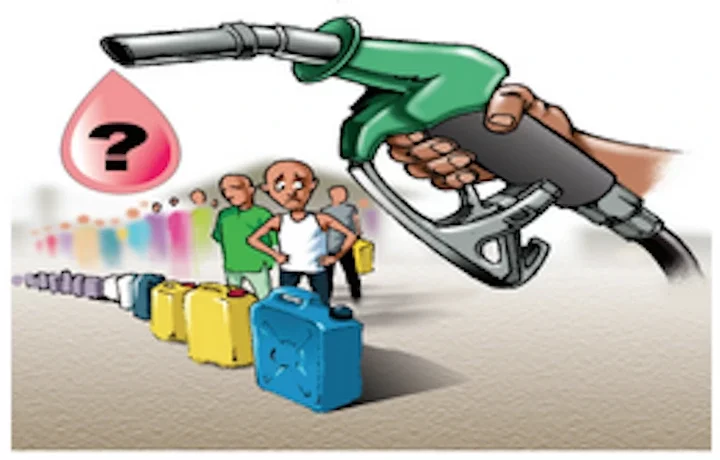
Nigeria has found itself on the brink of another imminent rise in petrol prices. Although already sold for between N568 and N617, this situation is further exacerbated by the drop in the Naira against the US dollar, fueling Nigeria's ongoing struggle with inflation. The government's consideration of reintroducing fuel subsidies only adds more complexity to an intricate economic puzzle.
The Nigerian economy has depended on oil revenues for so long, and fluctuations in global oil prices often directly affect domestic petrol prices. As the Naira weakens against the US dollar, the cost of importing petroleum products rises, leading to an inevitable increment in fuel prices. This, in turn, contributes to the already soaring inflation rates in the country.
Nigeria imports a substantial portion of its goods, including petrol. A weaker Naira makes imports more expensive, and these increased costs are often passed on to consumers, further driving up the prices of the commodity. This scenario has a cascading effect on the overall cost of living for Nigerians, especially those with lower incomes who bear the brunt of inflation's impact.
In response to mounting public pressure, there is a possibility that the government may consider reintroducing fuel subsidies. While this move may seem appealing as a short-term solution to alleviate the immediate burden on citizens, it carries both positive and negative implications.
The short-term gains could be:
Consumer Relief
Fuel subsidies can provide immediate relief to consumers by reducing the cost of petrol. This can be particularly beneficial for low-income households that rely heavily on affordable fuel for transportation and electricity generation.
Social Stability
Subsidies can help maintain social stability and prevent public unrest that may arise from sudden, steep increases in fuel prices. This is crucial for political stability and national security.
The negative effects of fuel subsidies may be:
Fiscal Pressure
Subsidies create a significant financial burden on the government. Funds allocated for subsidies could otherwise be channelled into critical sectors such as healthcare, education, and infrastructure development.
Market Distortion
Fuel subsidies often lead to market distortions, encouraging inefficiency and corruption within the distribution system. This can hinder the growth of a competitive and transparent market.
Unsustainability
Fuel subsidies are typically unsustainable in the long run, as they drain government resources and are vulnerable to fluctuations in global oil prices. This can create a cycle of dependency on subsidies that becomes increasingly difficult to break.
The reintroduction of fuel subsidies may offer temporary relief to the Nigerian population, but it also raises questions about the long-term economic sustainability and the government's ability to address systemic issues contributing to inflation. A comprehensive strategy that combines short-term relief measures with long-term economic reforms is essential to manage this situation effectively. This approach would aim to mitigate the immediate impact on consumers while addressing Nigeria's root causes of inflation and economic instability.
Nigerians may have no choice but to brace up! Tougher times seem to be ahead!

















Comments